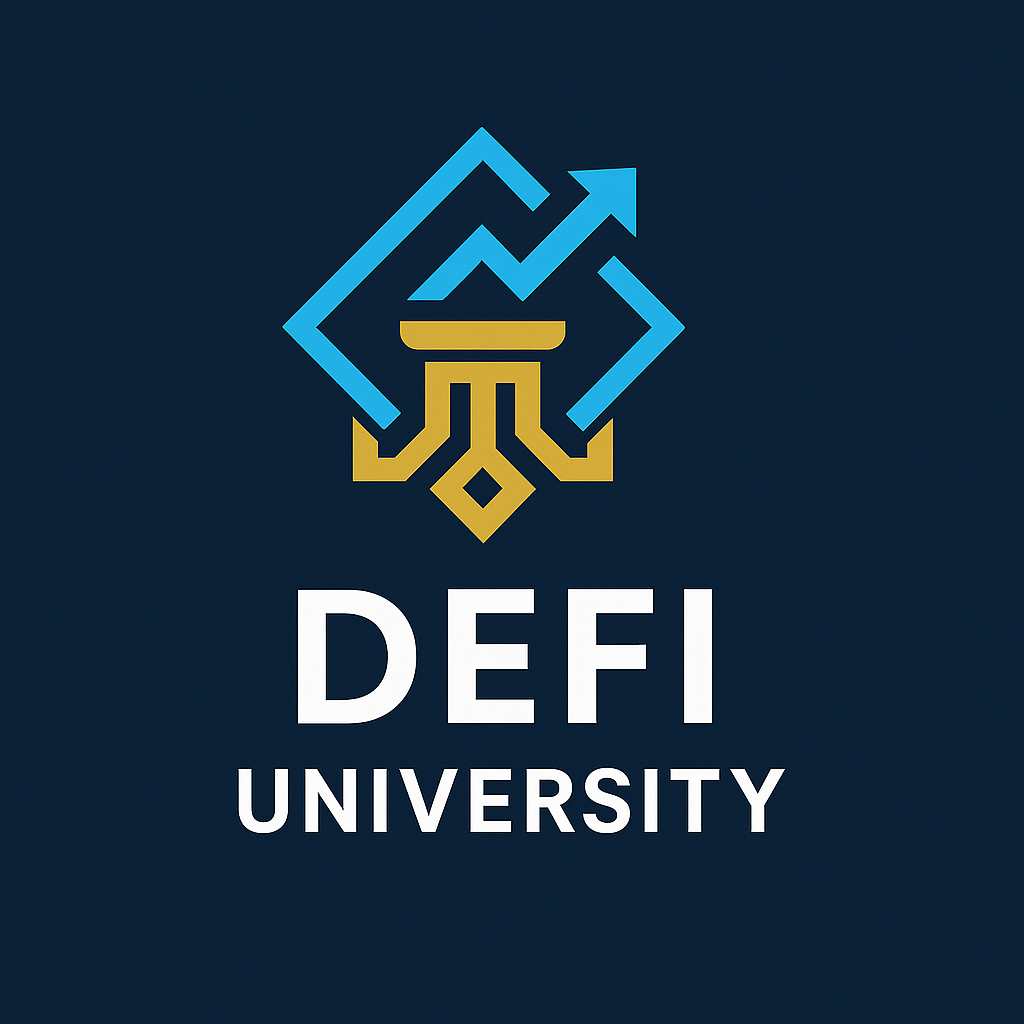The DeFi space is being pulled in two directions. As foundational infrastructure giant Consensys prepares for a traditional IPO, the very market it helped build is showing signs of cooling, forcing participants to question the future path of decentralization.
Main Market Movement
The initial euphoria surrounding the launch of U.S. spot Ethereum ([ethereum developments]) ETFs has subsided. Recent data shows that inflows have stalled, reflecting a broader pressure across the crypto market. This pause has led to concerns of a downturn, but many seasoned analysts are framing it as a "rotation, not a reversal."
This suggests that capital isn't necessarily fleeing the digital asset space. Instead, it may be reallocating, moving between assets, or simply waiting on the sidelines for a clearer signal. The market is in a phase of consolidation and price discovery after a period of intense excitement.
Adding to the macro picture, the traditional safe-haven asset, gold, is experiencing a steady ([steady developments]) price decline. While this has reignited the "Bitcoin as digital gold" narrative, experts caution that a major capital rotation from gold to Bitcoin is unlikely. The two assets cater to vastly different investor bases and risk profiles, making a direct flight of capital a simplistic expectation.
Protocol-Specific Analysis
The most significant development is undoubtedly the confidential IPO filing by Consensys, the software powerhouse behind the ubiquitous MetaMask ([metamask developments]) wallet. This move to go public on a traditional stock exchange represents a monumental step toward mainstream financial integration for a core piece of Ethereum's infrastructure.
However, it also introduces a critical dilemma that strikes at the heart of Web3 ethos: how will Consensys balance its fiduciary duty to shareholders with the long-standing community expectation of a MetaMask token and airdrop? An IPO prioritizes equity value for investors, while a token launch is designed to distribute governance and value to users. Juggling both will be a defining challenge for the company and could set a precedent for other major DeFi protocols.
While corporate giants like Consensys move closer to Wall Street, other decentralized applications are proving their worth on the ground. In Jamaica, the decentralized messaging app Bitchat ([bitchat developments]) recently topped local app charts during a hurricane that disrupted traditional connectivity. This highlights the real-world utility of resilient, censorship-resistant technology in times of crisis—a powerful reminder of DeFi's foundational principles.
What This Means for DeFi
The current landscape reveals a DeFi ecosystem grappling with maturation, regulation, and a burgeoning identity crisis. The convergence of these forces will shape the industry's next chapter.
First, the market is undeniably maturing. The existence of Ethereum ETFs and the Consensys IPO are testaments to digital assets becoming a recognized financial class. This integration brings liquidity and legitimacy but also subjects the space to the cycles and pressures of traditional markets.
Second, the regulatory environment is hardening. Recent events show that the days of crypto being an untouchable "wild west" are over.
- Australian ([australian developments]) police successfully used a "crypto safe cracker" tool to seize $6M in illicitly gained assets, proving law enforcement's technical capabilities are advancing rapidly.
- In a separate international operation, Thai authorities arrested a Chinese ([chinese developments]) national in connection with a massive $14M crypto Ponzi scheme.
These actions send a clear message: regulatory bodies and law enforcement agencies are coordinating globally and developing the tools to police the space effectively. This brings a necessary layer of security and trust but also chips away at the privacy-centric ideals many early adopters hold dear.
Ultimately, the Consensys IPO forces a conversation about DeFi's soul. Will the future be dominated by centralized, corporate-owned protocols that offer a familiar Web2-style experience, or will the community-owned, decentralized models prevail? The answer is likely a mix of both, but the tension between these two visions is now at the forefront.
The coming months will be pivotal. All eyes will be on how Consensys navigates its dual obligations and whether the "rotation" in market capital solidifies into a new wave of conviction. DeFi is no longer an isolated experiment; it's an integrated part of the global financial system, and it's currently negotiating the terms of its own future.








